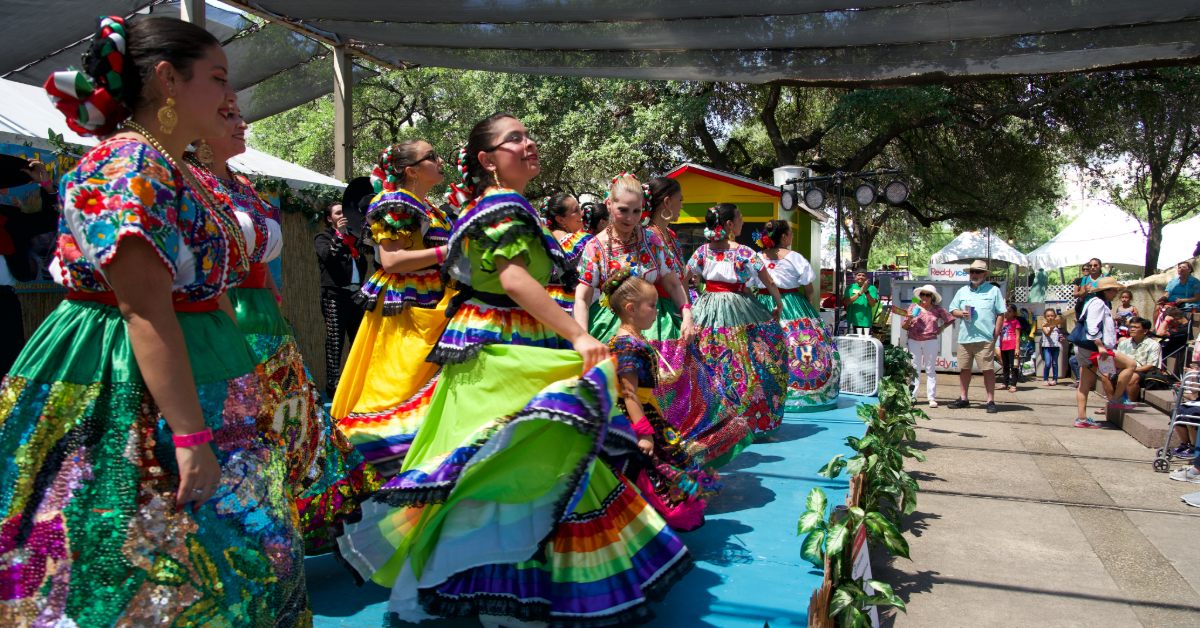More than 11,000 students make up UTSA’s first-gen student population, but what exactly is a first-gen student? According to UTSA, first-gen students include anyone whose parent(s) or guardian(s) did not complete a four-year bachelor’s degree. This definition technically makes me a first-gen student, but this definition is not universally applied.
I never considered myself a first-gen student because my dad received an associate’s degree and my mother graduated from a technical school. To my knowledge, first-gen students were those students whose parents’ education didn’t go beyond high school. At the time this distinction started to become relevant, my sister was already working towards a bachelor’s degree. Any time the conversation came up regarding special programs and opportunities for first-gen students in both middle and high school, I excluded myself. I didn’t bother to wonder why these programs existed, or what they were meant to do. I just knew I didn’t qualify to benefit from them and was never told otherwise.
Over the years, the definition has changed, and going by various discussion threads on the issue, it seems to have happened sometime after 2010 rolled around. Any inquiries into what made a student a first-gen student leaned more towards my definition; that is, neither parent had continued their education beyond high school.
Still, there were a few outliers who defined a first-gen student as the first in their family to receive a bachelor’s degree. Just a few years later, the general consensus shifted towards the second definition, usually attached to a disclaimer stating that different universities and programs had their own definitions, and it would be safer to ask them directly instead.
The idea behind the “first-gen” student designation is, however it may be defined, to highlight the group of students who have little or no familial guidance when navigating the college admissions and enrollment processes, and who are the first in their families to work towards earning a four-year degree—an opportunity that wasn’t available to their parents or grandparents. It gives a name to a significant accomplishment, one that almost half of our student body can claim.
UTSA’s First to Go and Graduate (F2G&G) organization provides first-gen students with support and access to a student coaching program, peer mentors and an F2G&G Council comprised of students, staff and faculty. The organization’s main goal is to increase retention and graduation of first-generation students, while supporting them along the way. F2G&G falls under the PIVOT (prepare, inspire, validate, orient, transition) for Academic Success set of programs, created after UTSA received a $3.25 million grant from the U.S. Department of Education. Given the state and federal funding that goes to first-gen support, maybe it’s time to create a nationally applicable definition of the term?
Organizations like F2G&G are the payoffs for first-generation students whose aspirations towards higher education started with their participation in pre-college programs. Statistically speaking, first-generation students have more difficulty making the transition from high school to college than non-first-gen students. They don’t have the benefits that come along with parental connections to colleges or universities, and the idea of earning a college degree was not always a given in their households. Most first-gen factsheets will contain generalizations like this, and they fail to acknowledge the diversity of the demographic.
As I was growing up, my parents always told me I needed to go to college, and that I could be anything I wanted to be as long as I had an education. They couldn’t earn bachelor’s or master’s degrees because they had to work to support their families, a narrative common to their generation and even more so among Hispanic families. They worked hard to give my sister and me the opportunities they never had growing up, and I appreciate them every day for it. I was raised with the default mindset that I was college material and that there was nothing stopping me from attending when the time came. My older sister was in her senior year of college when I finally started, and with all of her help and my parent’s support, the transition was easy. While I am proud to be working towards my bachelor’s degree, a goal that has taken the cumulative efforts of me and my family to achieve, I don’t feel like I should be considered part of the first-gen demographic for exactly those reasons, and I know others who feel the same way. It is also for these reasons that I understand the importance of these programs and organizations for students whose stories differ from mine.








